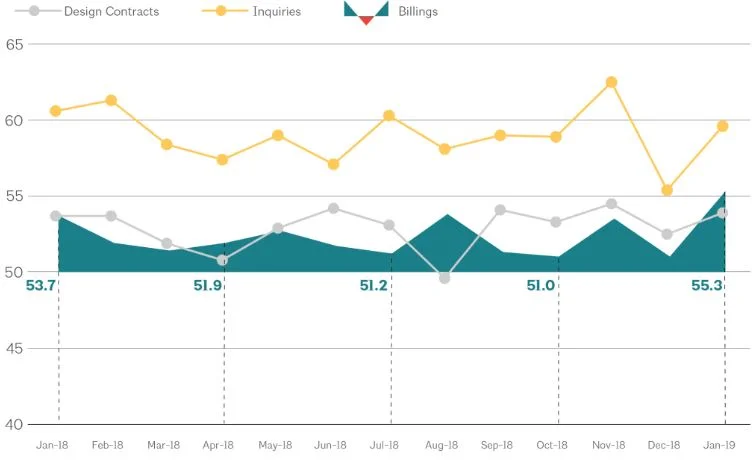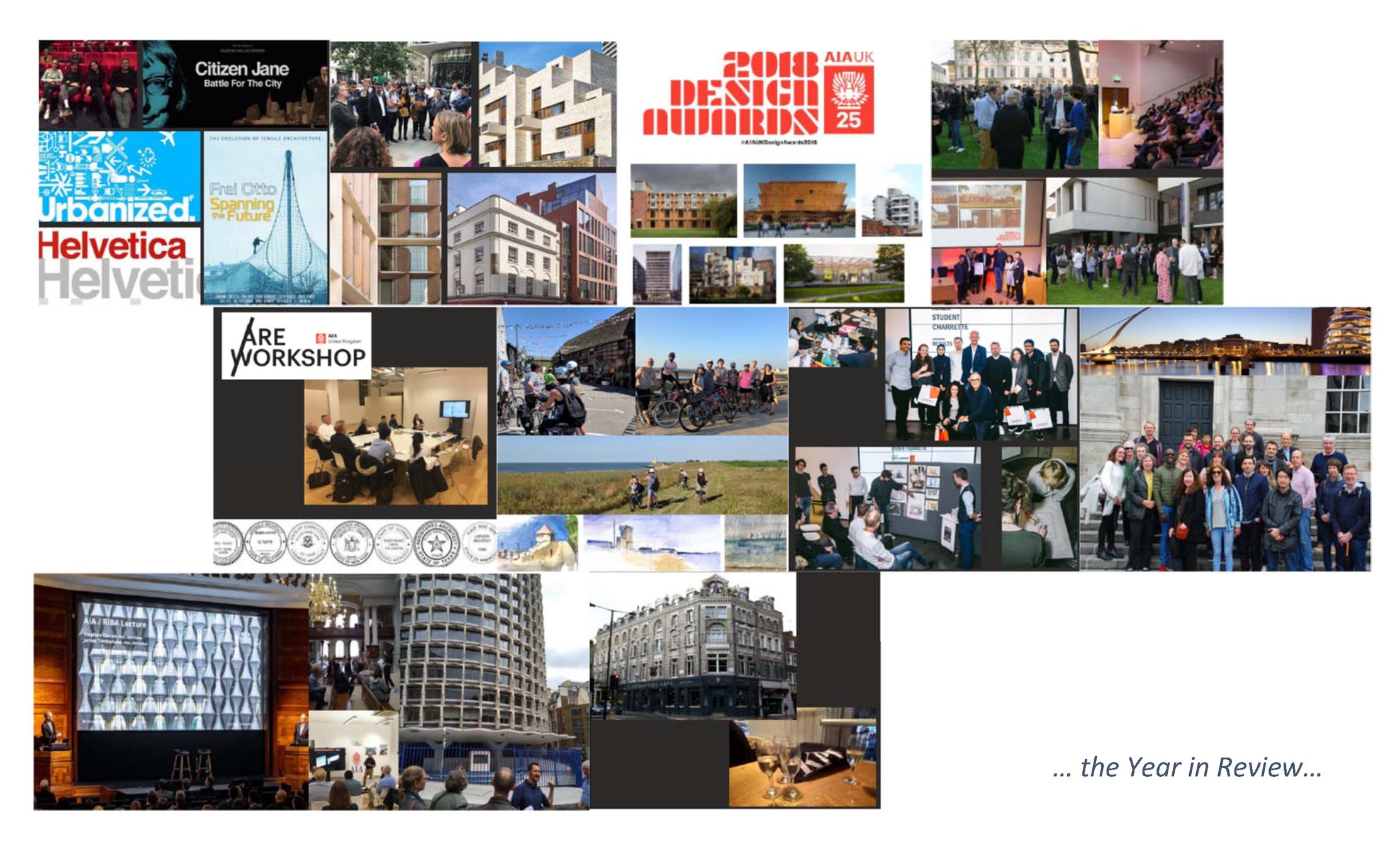Global Architecture Billings Index (GABI)
Fiona Mckay
The AIA – in coordination with partner organizations around the world – is looking to expand the Architecture Billings Index (ABI) into the international realm. To help the architecture profession better understand business conditions, opportunities and risks around the world, the new Global Architecture Billings Index (GABI)initiative will help monitor design markets across the globe to assess the construction outlook in key countries and regions.
We are currently signing up firms to join the GABI survey panel. As a GABI panelist, you will be asked to complete a brief survey on the firm billings (to indicate if billings have increased, decreased, or stayed the same – we will not request proprietary data!) and business conditions on a quarterly basis. You will receive early access to the survey results before they are published, and may have access to the survey data in the future.
If you would like to join the GABI survey panel, we ask that you complete a brief background information form. This information will be kept confidential and will not be shared with others or linked back to your firm; it will only be used for analytical purposes and your responses will only be reported in aggregate with others. If you are not the correct person at your firm to provide this type of information and participate in the survey, please share this invitation with the appropriate colleague.
Thank you for your interest, and please contact economics@aia.org if you have any questions.
Sign up for the GABI survey panel: Background Information Form










